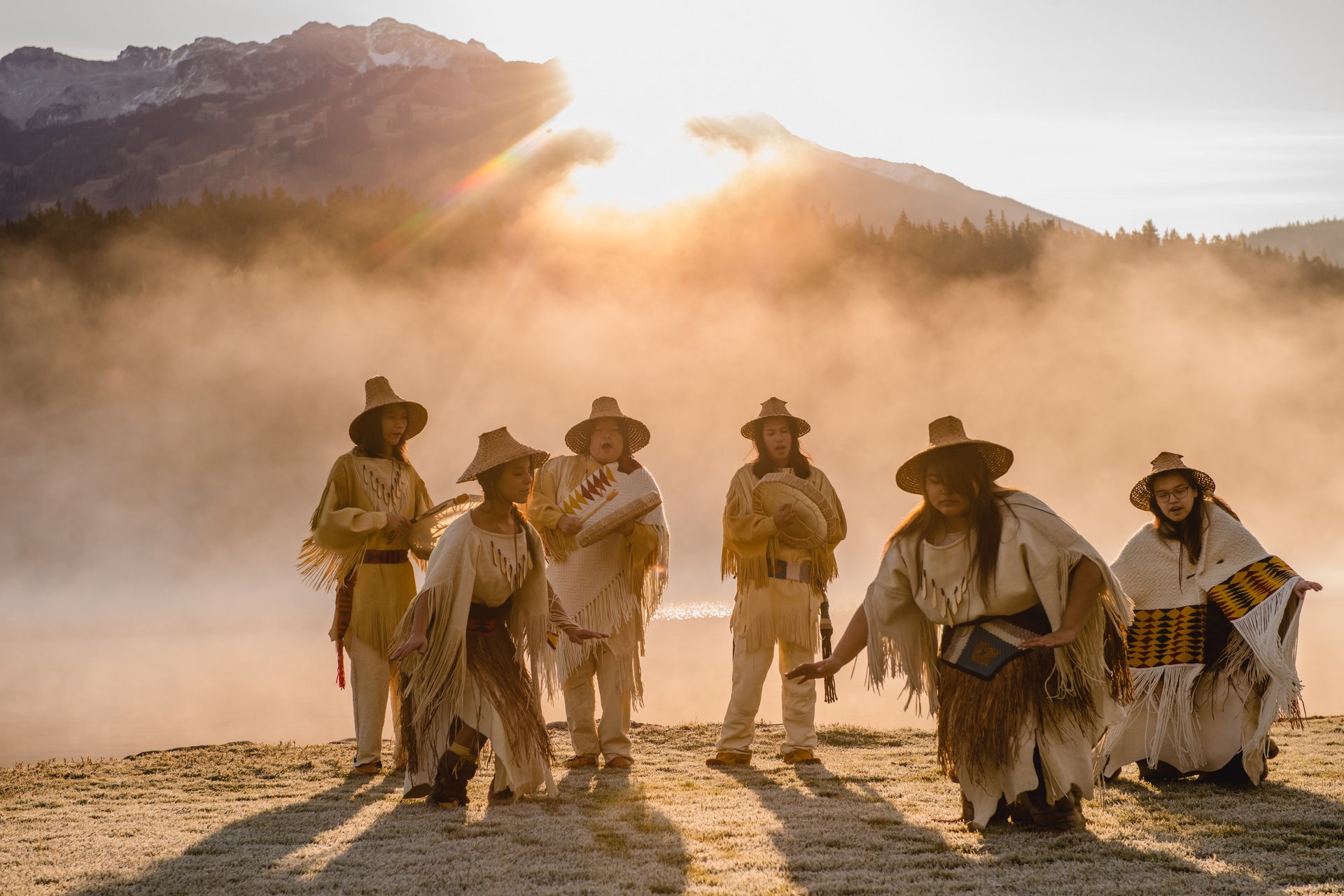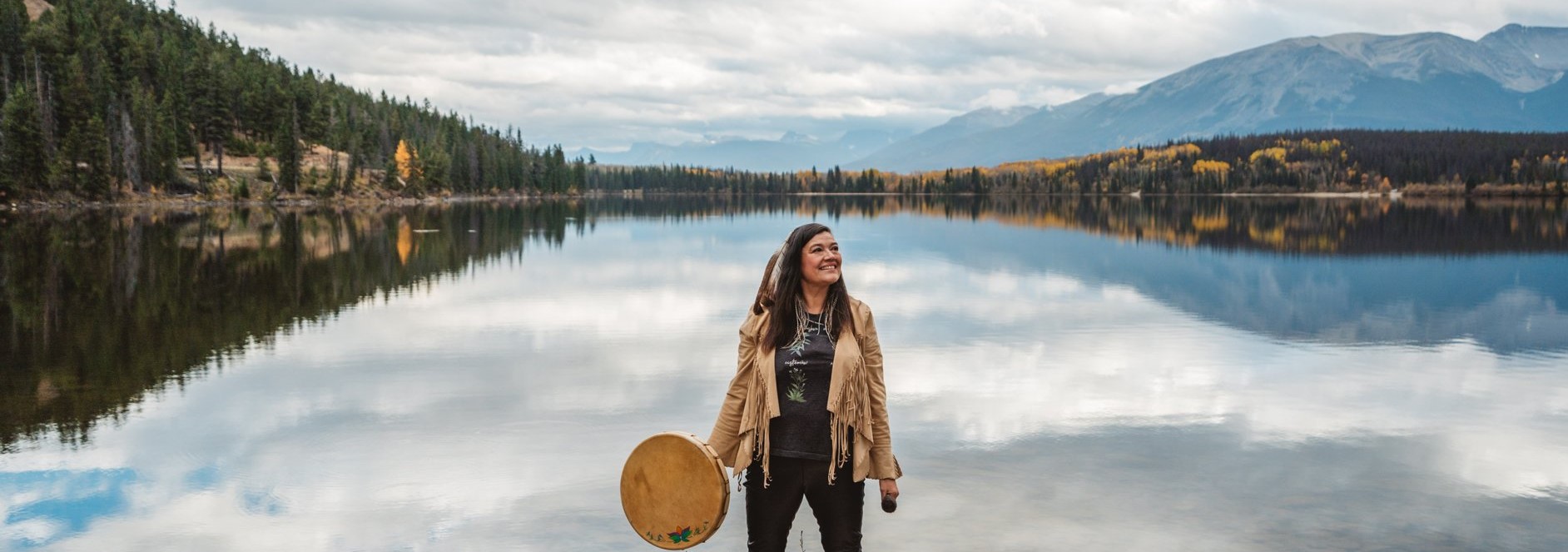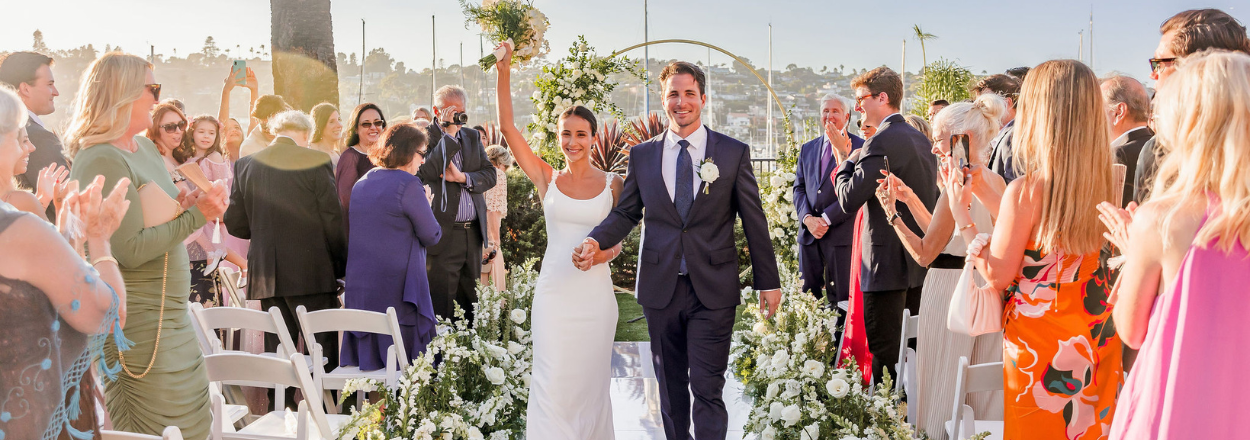Rēnata West, founder and managing director of Pacific Storytelling, grew up in Rotorua, a small New Zealand town known for its Māori culture and geothermal activity. Five generations of his family have spent their lives teaching visitors about their Indigenous way of life in Rotorua and their approach to the world.
But West says he’s long felt that tourism often takes that sort of engagement with local people for granted. “It almost pays lip service or tokenism to the real depths and incredible life-changing influences that travel, that those stories that come from engaging with local people and communities, can have on travelers and the tourism industry as a whole,” he said.
That’s one reason he founded Pacific Storytelling, a luxury sales and marketing agency focused on the Pacific region. It helps travel advisors bring local voices to the conversation by connecting their customers with some of the top South Pacific experts in travel tourism, sustainability and culture.
For a long time, tour operators have been the ones telling the stories of Indigenous history. But now, there’s a push to hand over the spotlight and let people tell their own stories to visitors. West is among those taking back the narrative to share Indigenous experiences and stories with tourists visiting their native lands.
He points out that tourism operates under a social license held by the people who live where the rest of us visit. “There are people who live there — that’s their home — and when you leave, they’re still a part of that community. I think it's just common good manners and a good thing to understand where you are and what the customs of the people are. And I think, ultimately, that it’s a more meaningful experience for you as a traveler when you properly understand the destination.”
Connecting Visitors With Local Culture and Stories
Pacific Storytelling helps travel advisors arrange Indigenous experiences and support tours run by Indigenous people.
For example, West talks about a travel advisor working with a couple that wants to marry in a specific Pacific location and engage with the local culture and customs while staying in luxury accommodations. “We can connect them with the correct suppliers. We can set up the ceremony with cultural elders. And we can make sure they’re staying in high-standard accommodations that, when possible, are Indigenous-owned and -operated.”
“We also help travel advisors who are traveling themselves because it’s equally important for them to be experiencing the culture on a first-hand basis,” West said.
As an example, he describes what Indigenous tourism can offer a visitor in his hometown of Rotorua.
“They’ll learn what our culture tells us about why we have geothermal there, how geothermal has affected our everyday life, how we cook in the hot springs, and how we bathe in the hot springs,” he said. “What are the medicinal properties of different elements of geothermal? And how does that affect our life in the 21st century with the onset of visitors? It’s our oral history and also factors in some of the modern history and the effects of colonization and 21st-century life, as well.”

Bettering the Industry
West says people leave an Indigenous-led visit having experienced a lot more depth to their travels and then appreciate learning about the culture and people of a place at a much deeper level: “It’s something you almost can’t quantify sometimes. It’s a feeling. Quite often, it’s an emotion. People feel a connectedness to something, and I think that's an innately human experience.”
There is an opportunity to do better as an industry and as travel advisors though. “Let’s appreciate that we have a role to play in protecting people and place, and [when] possible, think about how we’re using our tourism dollars,” West said. “And whether we’re participating in being good members of [the] community. I think the ultimate goal is to think about the impact we’re having.”
He says cultural topics can be intimidating for some who worry about offending or making a mistake. “But what I would say is that there’s a lot of goodwill on behalf of these operators, and they want to share who they are and where they come from. So don’t be afraid to ask questions. And don’t be afraid to connect with us and lean in. It’ll be worth it.”
“It may feel a little bit uncomfortable in the beginning, but it leads to a much more beautiful journey for everybody,” West said.
Canada Stands Out in Funding Indigenous Travel Operations
Canada is the first country in the world to have a destination fund solely designated to support the Indigenous tourism industry.
Keith Henry is president and CEO of the Indigenous Tourism Association of Canada (ITAC), which created and administers the Indigenous Tourism Destination Fund (ITDF). He said the fund is on track to raise about $2 million in revenue this year.
“It helps us build the industry,” he said. “It’s the first Indigenous-led initiative like this in the world, and we’re very proud of that here in Canada.”
Indigenous tourism is challenging everywhere, he says, because there aren’t destination market funds or hotel taxes earmarked for it as there are for the rest of the tourism industry.
“So we said, let’s just mimic what they’re doing,” he said. “Let’s create our own volunteer funding program and hopefully attract partners, and that’s exactly what it's doing.”
Collecting for Indigenous Tourism
ITAC, which is a national nonprofit Indigenous-led tourism organization, asks businesses to voluntarily opt-in to support the growth of Indigenous tourism, usually by adding a small fee to each of their transactions. Those fees go back to ITAC and are invested in Indigenous development, marketing, partnerships and leadership.
Some partnering hotels charge a 25-cent fee per room night, and some small businesses, such as cultural center museums, charge a 25-cent fee per transaction.
Rocky Mountaineer, a high-end luxury train in Alberta, B.C. that’s not Indigenously owned, asks its customers to donate $5. “They’ve got about 100,000 visitors, so that’s about half a million dollars,” Henry said.

Taking Back Canada’s Indigenous Narrative
Henry, himself a member of the Indigenous Métis people, thinks that Indigenous people “taking back the narrative” is important.
“Canada is not known as an Indigenous destination, and we don’t look at Canada in an ancient way like we look at many other parts of the world,” he said. “When we think of ‘ancient,’ most Canadians would probably think of Egypt or the ruins in Mexico or other iconic places.”
“But the truth is, we have that here in Canada. By taking back the narrative, we actually understand that there is ancient history and ancient culture here,” he said. “There have been generations of Indigenous people here for thousands of years who just want to tell their story.”
How Travel Advisors Can Sell Indigenous Travel
Like Pacific Storytelling and other Indigenous travel groups, ITAC focuses on promoting Indigenous-related travel. ITAC has about 1,900 Indigenous-owned and -controlled tourism business members from across the country, everything from large resorts to small tour companies run by individuals. It works to improve the socioeconomic situation of Indigenous people throughout Canada by offering economic development advisory services, conferences, professional development training and workshops and industry statistics and information.
It also works with travel advisors. “Our 1,900 businesses can, of course, go work with anyone they want, but we try and find the right sales partners so they can work with the right markets,” Henry said. “We don’t charge anything for that. We just try to broker the relationships.”
When a travel advisor or individual works with an Indigenous tourism business, it creates a different kind of experience. There’s everything from whale watching in British Columbia and hearing Indigenous stories behind the killer or gray whales to the Indigenous-owned Aurora Village in the Northwest Territories for seeing the northern lights and learning about their traditional meanings.
“The more you can figure out how to understand that diversity and different type of experience and help people imagine looking at Canada in a different way, I think that’s to travel advisors’ advantage and will help them increase their ability to sell,” he said.
Originally appeared in the Fall 2024 issue of The Compass magazine
About the Author






comments